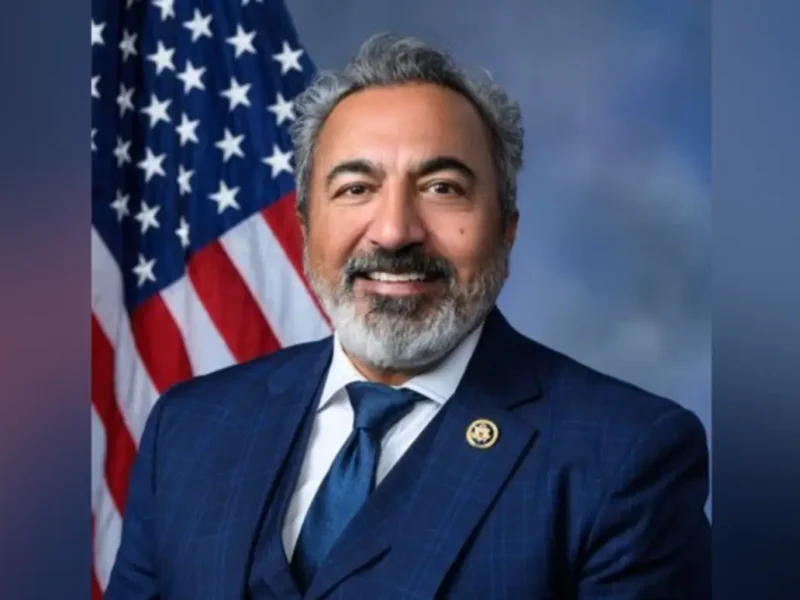New Virginia Law Criminalizes Nazi Iconography, Protects Sacred Swastika
Photo: CoHANA
India-West Staff Reporter
RICHMOND, VA — Virginia’s House Bill 2783 went into effect on July 1, making the public display of Nazi symbols a criminal offense and formally distinguishing Adolf Hitler’s “Hakenkreuz” from the sacred Swastika, a symbol central to several world religions. The bill is being hailed as a milestone by community organizations for acknowledging a key cultural and historical distinction often overlooked in Western discourse.
The Coalition of Hindus of North America (CoHNA), which led a grassroots advocacy campaign to amend the bill, welcomed the legislation’s use of the historically accurate German term “Hakenkreuz” (Hooked Cross).
“We are pleased to see how Virginia is tackling growing hate while being sensitive to minority groups that revere the Swastika,” said CoHNA President Nikunj Trivedi. He urged media, law enforcement, and educators to follow suit in using accurate terminology and avoiding harmful conflations.
In its original form, HB2783 had equated the Swastika with Nazi iconography, despite Hitler never having referred to his symbol as a Swastika. The bill described the Nazi symbol as “commonly known as the Swastika,” a phrase advocates said risked vilifying a symbol of peace and prosperity used by nearly two billion Hindus, Buddhists, Jains, and others. Nonetheless, the bill passed the Virginia House of Delegates unanimously.
CoHNA responded with an urgent campaign, mobilizing over 1,000 people to contact legislators and working with legal experts, interfaith allies, and community leaders to push for amendments. Their efforts led to a significant rewrite. Governor Glenn Youngkin returned the bill to the legislature for revisions, and the final version reflects several key changes.
The updated law prioritizes the term “Hakenkreuz,” modifies the phrasing from “commonly known as” to “sometimes referred to as,” and explicitly states that the Nazi symbol is not the Swastika used by Hindu, Buddhist, Jain, Zoroastrian, or Native American traditions. CoHNA credited Senator Kannan Srinivasan and other lawmakers for their support in ensuring that historical accuracy and religious sensitivity were upheld in the final legislation.



